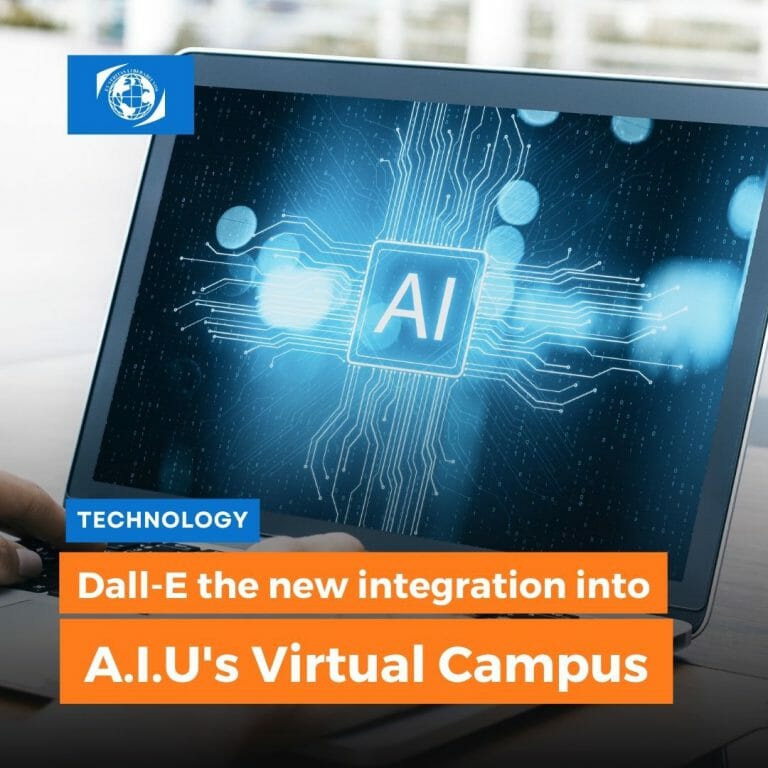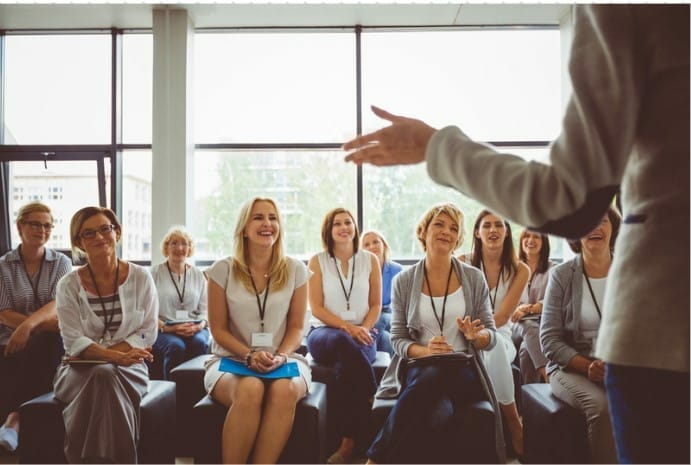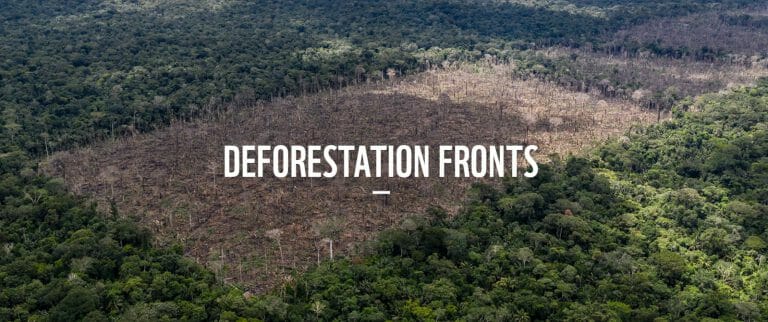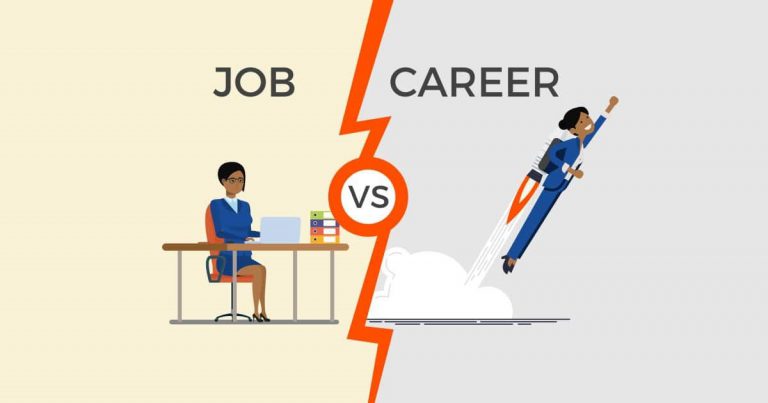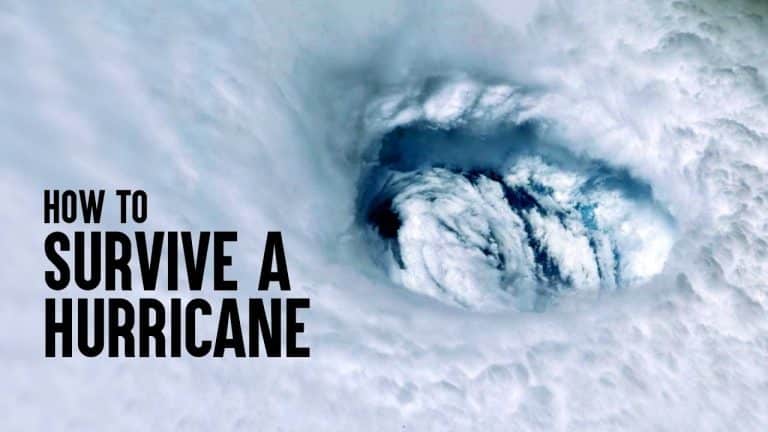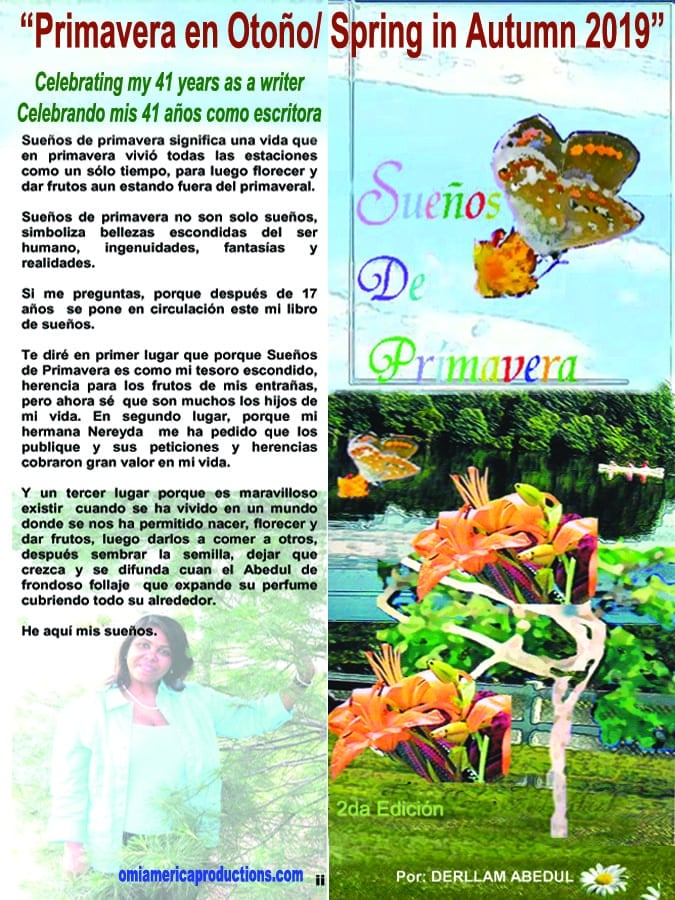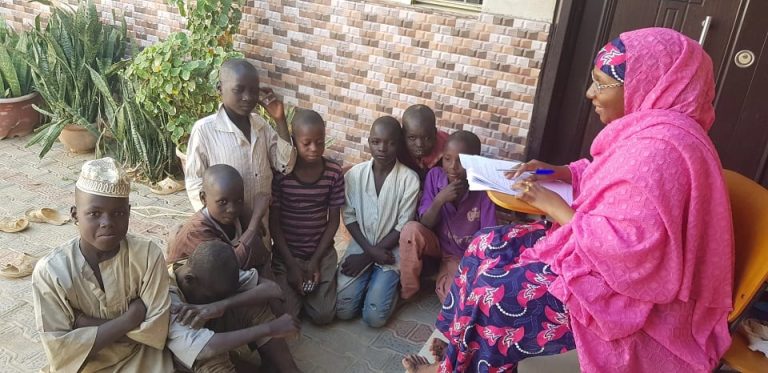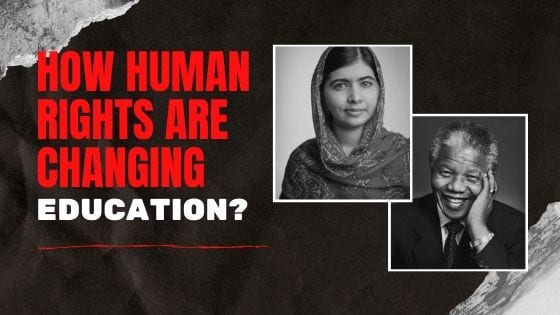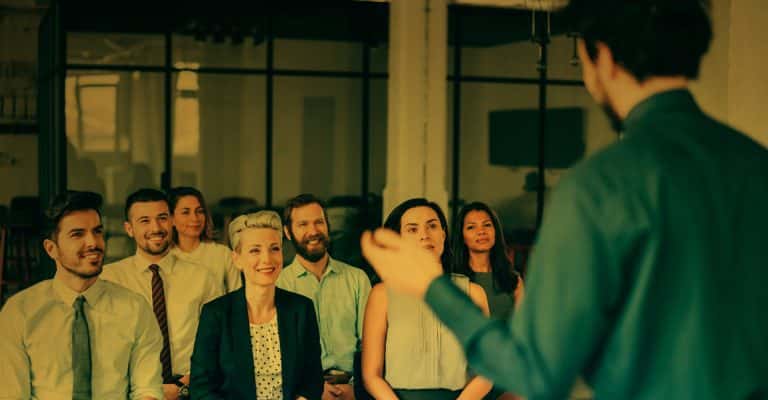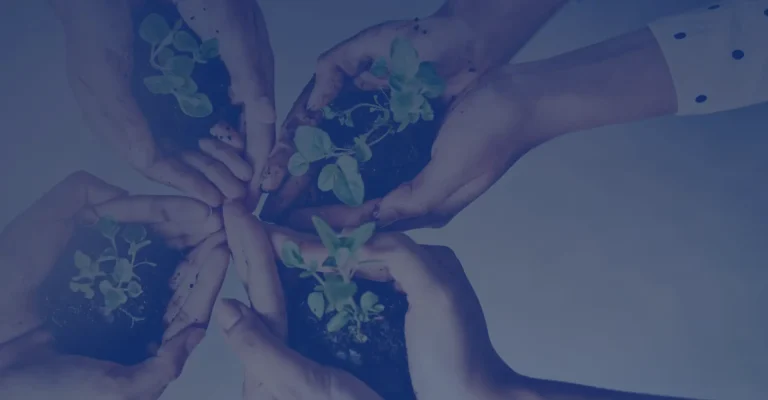The world’s higher educational paradigm is unsustainable – what can we do to fix it? – Atlantic International University
August 25, 2022 2023-09-18 21:18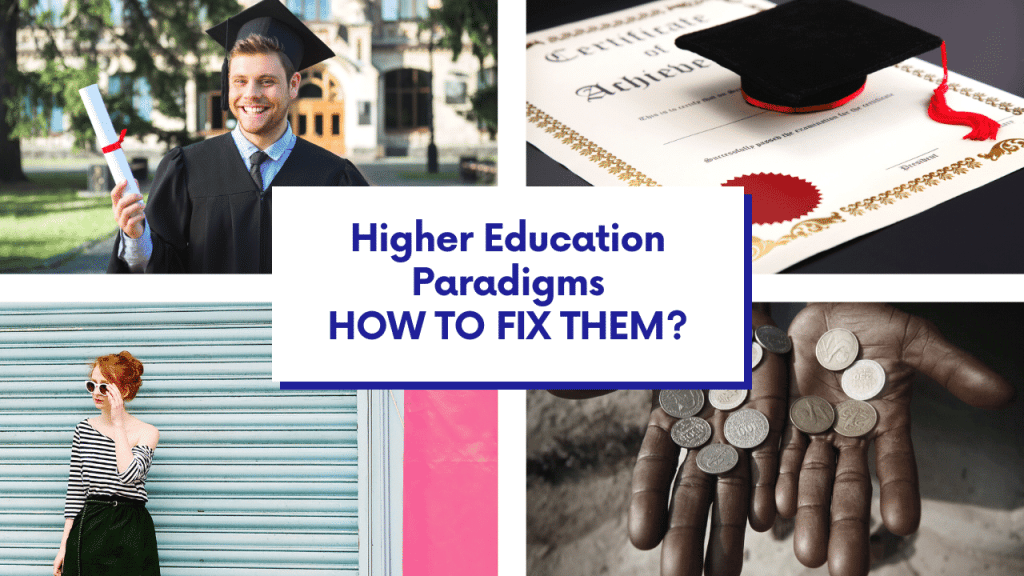
The world’s higher educational paradigm is unsustainable – what can we do to fix it? – Atlantic International University
Sadly, it remains a fact that only a privileged percentage of the world population has access to university level education. Just 1% of people in many countries complete any kind of higher education, and higher education achievement rates over 10% are rare outside of the Northern Hemisphere.
On a personal level, access to higher education is strongly correlated with higher earnings. An average full-time worker with a degree in the United States can expect to earn 62% more than their counterparts with a high school diploma, and the income gap is widening over time.
At the level of wider society, increased access to higher education reduces unemployment, poverty, crime, rates of smoking, and improves civic participation e.g. voting, volunteering. But we know that any exposure to higher education produces benefits compared to secondary education alone. With this in mind, what can we do to achieve a Sustainable Education Model Accessible to all?
What is the current state and the current challenges?
Traditional approaches produce/maintain four principal barriers to widening global participation in higher education:
Cost – traditional university level education is very expensive. Even for many citizens of countries with advanced economies, traditional higher education is prohibitively expensive. But in the developing world tuition, higher education tuition costs can exceed the average annual salary.
Availability and accessibility – higher education is simply not available in much of the world. Cost is a factor, but many in poorer countries literally have no access to opportunities for traditional education, even if they could afford to pay.
Likewise, it’s common that an adult may wish to pursue higher education, but caring and career responsibilities make attendance at a traditional course impossible. This effect is more common in disadvantaged places. This lack of access presents a sustainability problem for education in that sustainable and equitable global development is impossible as long as entire communities are denied access to the benefits of lifelong education.
Relevance and outcomes – Relevance is vital, because only if the potential student sees the direct value and practical application of an education program to improve their life will they be motivated to pursue it.
A lot of people don’t feel their degrees from traditional schools are preparing them for life outside education. If a degree doesn’t help a student to prosper as expected upon graduating, what measurable benefit has the student received as a result of the education program?
What higher education alternatives exist?
We aspire to a world where access to quality higher education which effectively prepares students for their life and career is recognized as part of article 26 of the Universal Declaration of Human Rights.
If that goal is to be achievable, it’s clear that new models of alternative education must be developed, and we’re pleased to say that some huge progress has been made in the past two decades.
More than any invention since the printing press, the internet and the World Wide Web have decentralized and democratized access to information and learning. But there’s a lot more technology can do to increase availability by facilitating alternative methods of delivering learning.
Particularly in the rising gig economy, there’s a greater focus these days on skills as opposed to formal qualifications. Freelance employers are less concerned about a degree and more concerned about whether you can get the job done.
The option to complete individual courses focused on a very specific area of study will be critical for the functioning of the future’s gig economy, and the advent of open access to university courses facilitated by projects like Open University, Edx.org, Coursera, and Open Yale Courses has been a major game changer.
Open University
Founded in 1969, the Open University is the United Kingdom’s largest university and a leading institution in global alternative education.
Students have the option of registering, completing, and receiving recognition for individual modules completed. The flexibility inherent in the OU’s system makes it especially popular with adult students whose life circumstances may prohibit committing to a full Bachelor’s degree, and 66% of students are aged over 25.
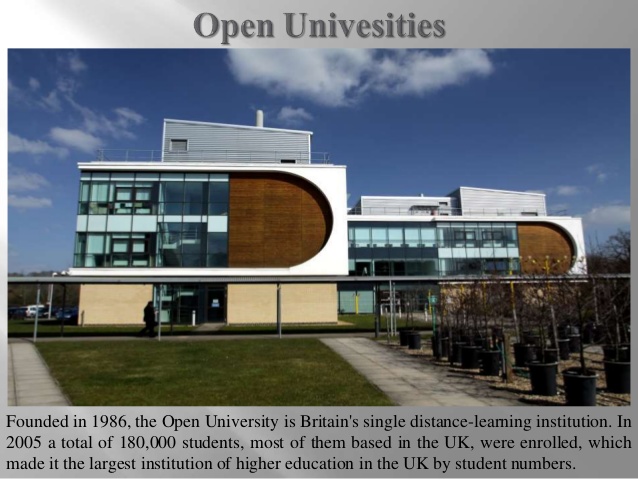
The majority of undergraduate courses have no formal entry requirements, and students who decline to complete the full 360 credits required for a Bachelor’s degree may apply to receive a pre-Bachelors undergraduate qualification such as a Certificate in Higher Education. Increasingly, modules are delivered entirely online using innovative approaches which permit over 7,000 overseas students to study with the Open University, while students looking to pursue a broad base of study studies have the option of pursuing a “pick and mix” style Open Degree. While the OU must be recognized as one of the earliest pioneers in the alternative education field, their approach presents some issues. In particular, fees for overseas students of up to £6,000 per year make courses unaffordable for students outside of advanced economies.
Open Yale Courses, edX, Coursera
Between 2008 and 2012, platforms such as Open Yale Courses, edX, and Coursera revolutionized the alternative education space.
Each platform shares a common philosophy: to provide access to courses from elite global universities to the widest possible audiences. Students can access materials from many courses with no fees and may study at their own pace. Like Open University, the format offered by these platforms permits entirely self-directed study based on the career requirements of the individual
Where official recognition of study is needed for career purposes, achievement certificates and even entire undergraduate and postgraduate programs are available at much lower than usual fees.
What’s different about Atlantic International University’s (AIU) approach?
We touched on our belief that higher Education should be seen as a human right and in pursuit of that goal, we’ve been pioneering an alternative approach to adult education. Our philosophy centers on an adult education model known as andragogy, in which the central focus is the student and the development of a personalized open curriculum.
Recognizing the need to adapt higher education to the realities of today’s world, we’ve moved away from the traditional paradigm of higher education where the institution is the provider, arbiter, and gatekeeper of knowledge delivered within a rigidly defined curriculum that fails to consider the individual’s characteristics.
So, we interview students at the start of their program about their “dream life”; aspirations, personal and professional goals, and how they’d like to contribute to their society and community.
The primary goals of the interview are to:
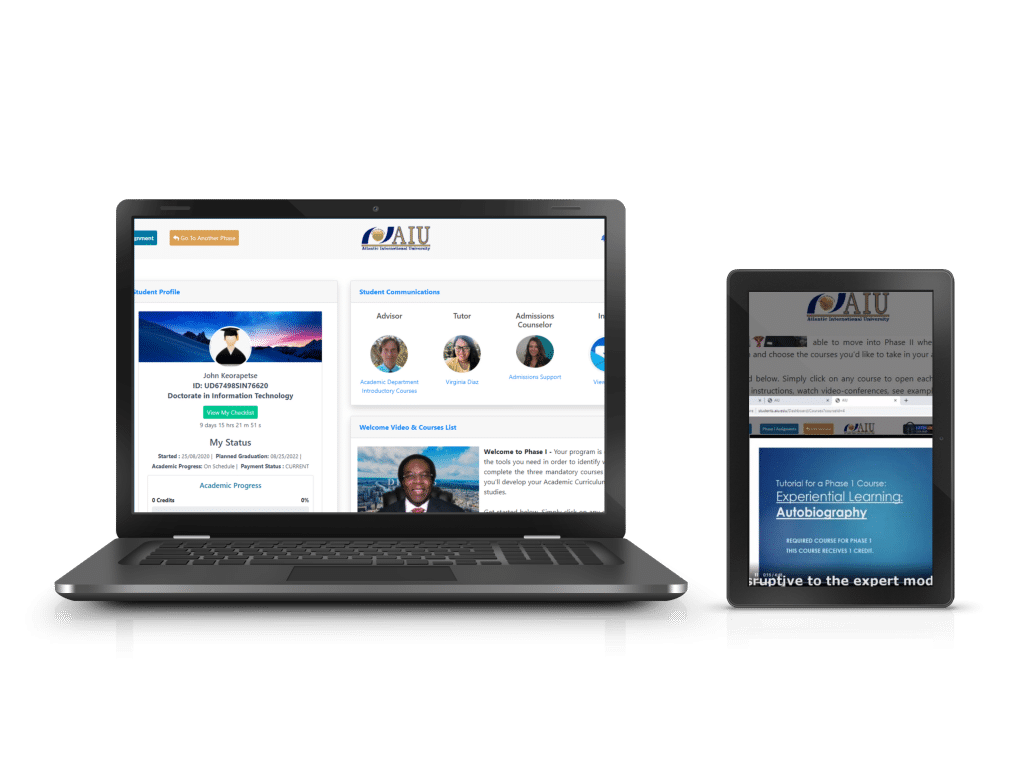
- define what makes the student unique and unrepeatable
- define personal and professional goals at the start of the program
- identify the necessary skills and aptitudes expected of them in the professional arena
By empowering students with this knowledge and purpose, AIU creates personalized, highly focused programs that are relevant and focused as much as possible on practical vs. theoretical learning. We aim to graduate “doers” rather than rote learners from textbooks.
Today, social media is the primary means of learning for countless people. What do sites like Youtube, Duolingo, and Coursera offer that traditional higher education doesn’t?
24/7 access is key to the democratization and sustainability of education for adult students, especially those in the developing world. The new paradigm in alternative education must employ advancements like gamification and advanced social features, facilitating easy interaction and exchange of knowledge between students.
You may be interested to read this: IMPLICATION OF STAKEHOLDERS ON QURANIC SCHOOLS (A FIELD STUDY ON THE CURRENT SITUATION OF QURAN SCHOOL STUDENTS IN TUDUN YOLA, KANO)
Advancements in alternative education technology and methods serve a critical role in addressing these challenges. AIU remains at the forefront by creating for each student a unique open curriculum and personalized Virtual Campus with 25 powerful tools available to enhance students’ learning experience.
AIU offers degree programs for adult learners from bachelors to doctorate and postdoctoral levels with a wide range of majors and areas of study. Call us now and speak to a guidance worker to discuss your options.
Related Posts
The world’s higher educational paradigm is unsustainable – what can we do to fix it? – Atlantic International University
August 25, 2022 2023-09-18 21:18Popular Tags


